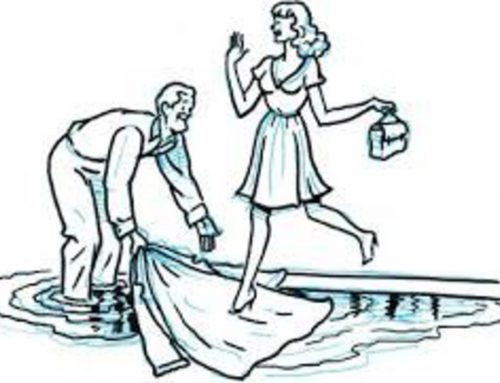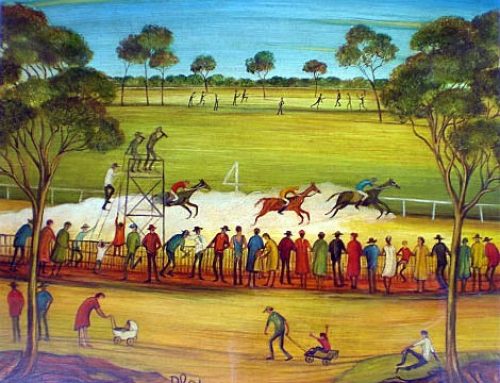Welcome to Elisabeth Storrs. Some of you may recall my mentioning her debut novel The Wedding Shroud earlier in the year. It’s both a fascinating and enjoyable read and with a shared interest in the Ancient World I was delighted when Elisabeth agreed to blog on my site. She has just returned from Turkey and amidst her journeys visited both the site of Troy and the sacred battlefields of Gallipoli. I look forward to sharing both a coffee and your traveller’s tales when next in Sydney Elisabeth.
In 406 BC, to seal a tenuous truce, the young Roman Caecilia is wedded to Vel Mastarna, an Etruscan nobleman from the city of Veii. The fledgling Republic lies only twelve miles across the Tiber from its neighbour, but the cities are from opposing worlds so different are their customs and beliefs.
Leaving behind a righteous society, Caecilia is determined to remain true to Roman virtues while living among the sinful Etruscans. Instead she finds herself tempted by a mystical, hedonistic culture which offers pleasure and independence to women as well as a chance to persuade the Gods to delay her destiny. Yet Mastarna and his people also hold dark secrets and, as war looms, Caecilia discovers that Fate is not so easy to control and that she must finally choose where her allegiance lies.
Elisabeth’s Storrs first novel, The Wedding Shroud, is set in early Rome and Etruria and was released by Pier 9 /Murdoch Books in Australia and New Zealand. Elisabeth is currently writing the sequel which will be released in 2012. She lives with her husband and two sons in Sydney.
Thanks Nicole for asking me to be a guest on your blog. It is wonderful to be given an opportunity to tell Australian and Kiwi readers about my novel. As so many areas in rural Australia have recently suffered from devastating floods, I thought Id write something about storms and omens. I hope that you and your family have recovered from your own troubles in coping with that deluge. Best of luck with A Changing Land.
Thunderbolts. Beautiful and dangerous.
To me a violent storm instils fascination and fear. Science tells me what causes it but tell that to my dog who always hides, shivering, under a table or sits on my feet trying to gain protection.
The storm season in Australia brings stillness and darkened skies followed by pelting rain. People scurry to gain cover. Dont shelter beneath a tree! Dont stand on high ground! I always watch expectantly for a flash then count down the seconds until the crack of thunder. That way I can tell how many kilometres lie between me and danger. And as the time between the two events grow closer, I wait for the sound and light to boom together over my head.
If modern man finds a storm a visceral experience, how did the ancients view it? To them it was a sign heralding divine disapproval or a portent for the future.
The Etruscans, a race that resided in Italy from archaic times in the areas we now know of as Tuscany, Umbria and Lazio, were famous for deciphering the secrets of lightning. Their seers had raised the art of prophesy to a science. In an almanac known as the Book of Thunderbolts they recorded the meaning of lighting on particular days. The type, colour, force and place at which it struck all gave clues to interpret the will of the gods.
Unlike the Romans who believed that only Jupiter, King of the Gods, could hurl a thunderbolt, the Etruscans understood that nine gods had such power. By separating the heavens into segments they could also ascertain which god was sending an omen: those of darker intent residing in the northwest, those granting the greatest good fortune in the northeast. Their priests even had the ability to call down lightning to provide proof that Fortuna, the goddess of fate, had agreed to defer a persons destiny.
Caecilia, the protagonist of my novel, The Wedding Shroud, is a young Roman girl married to an Etruscan nobleman to seal a truce. When she arrives in his city she discovers that the skill of Roman augurs to predict the future is crude compared to the mysterious Etruscan priests. Beset by fears, she is tempted to call down lightning to defer her fate but soon discovers that Fortuna is not so easy to convince and requires a devotion that will challenge both her conscience and beliefs.
I hope readers will enjoy reading about Caecilias story. And next time there is a storm; remember that despite all of our knowledge of nature, we still dont know exactly where lighting will strike! www.elisabethstorrs.com






Leave A Comment